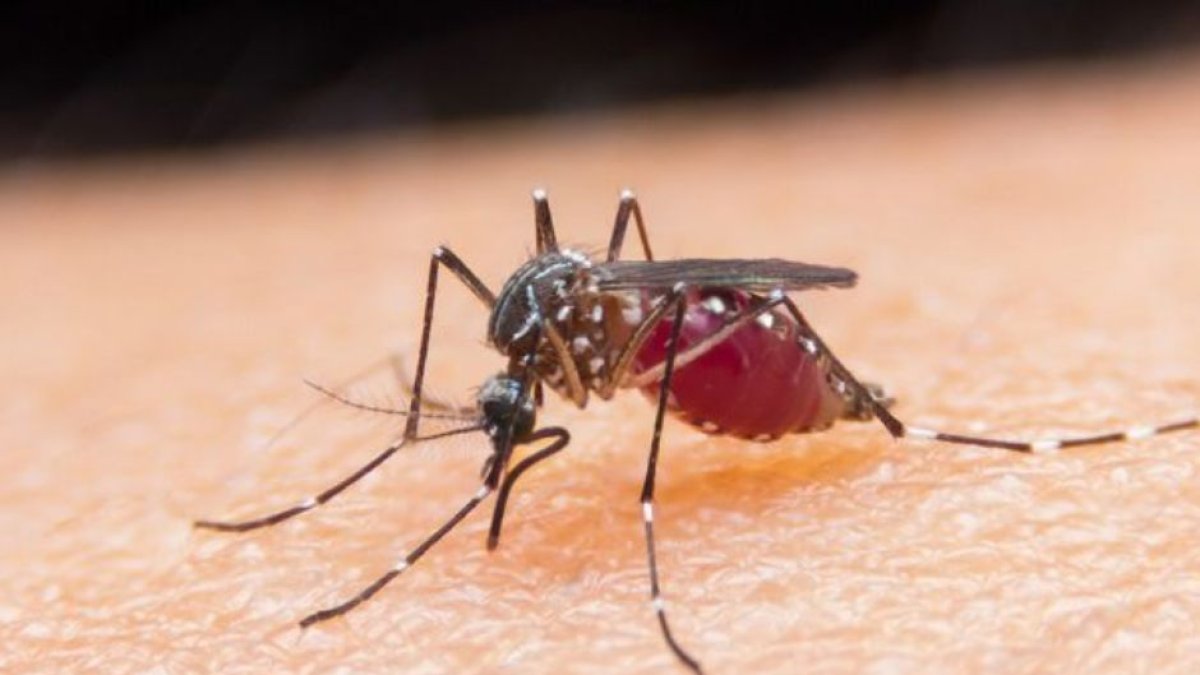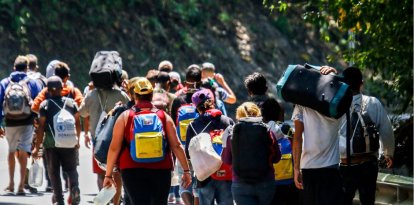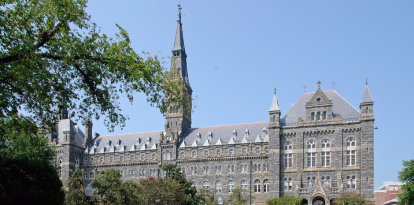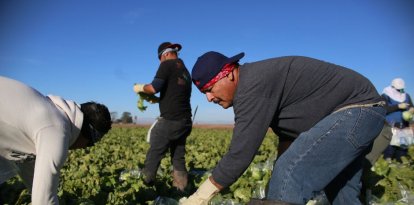World Mosquito Program: What's behind Bill Gates' farm in Colombia?
The billionaire finances a large farm that grows up to 30 million insects a week for medical research purposes, according to his foundation.

(Cordon Press)
If you told someone that technology mogul Bill Gates owns a mosquito farm that spans several hectares around Medellin, Colombia, they might think you’re kidding. But the reality is that the founder of Microsoft is indeed promoting a project that incubates more than 30 million insects a week.
Bill Gates himself presented these farms from this same perspective. Something typical of "the beginning of the plot of a horror movie by a Hollywood screenwriter." In an entry on his personal blog, the billionaire presents one of the projects that he has invested hundreds of millions of dollars in since 2010.
The so-called "mosquito farms" are some of the facilities of the World Mosquito Program, a foundation that is part of the vast Gates empire and is linked to Monash University. It presents itself as a non-profit organization that investigates the transmission of infectious diseases and the prevention of their spread through mosquitoes.
Release of infected mosquitoes
One of the first projects of the World Mosquito Program in Colombia consisted of infecting a significant number of mosquitoes with Wolbachia before releasing them. Wolbachia is a bacteria already present in about 16% of all tropical insects and its use in the laboratory has effects to counteract dengue, one of the major diseases transmitted by mosquitoes.
This peculiar method of also preventing malaria or yellow fever has received around $185 million since 2010 from Bill Gates' foundation for philanthropic investment. The choice of Colombia and Medellín as a center of operations is no coincidence. The surroundings of the Colombian city are one of the hot spots for mosquito-transmitted diseases, especially dengue.
According to the Mosquito World Program, the incidence of dengue in the Aburrá Valley in the Medellín region is around 95% lower since the controlled release programs for mosquitoes infected with Wolbachia were launched. In a case-control study conducted in Medellín between 2019 and 2021, the incidence of dengue was reduced by half among participants living in neighborhoods treated with Wolbachia.
Frightened population
The Mosquito World Program is not the only initiative focused on the infection and release of mosquitoes that receives funding from Bill Gates. Oxitec is a UK-based company that engages in similar operations and uses mosquitoes. Oxitec promises its clients more effective and sustainable results on the environment than those provided by pesticides, using mosquitoes to combat various types of agents to improve public health and food safety.
Several incidents between Oxitec and local residents were reported in the southern United States. In both Florida and Alabama, residents of towns where Oxitec intended to carry out its operations filed complaints to prevent genetically modified mosquitoes from being released near their homes.
In 2023, several cases of eastern equine encephalitis were reported, and the company financed by Gates was determined responsible for them. It happened when, a few years earlier in neighboring Florida, Oxitec was releasing swarms of male mosquitoes infested with genetic modifications. Five million mosquitoes were released in 2022. All female offspring that inherited the lethal gene were reported to have died before reaching adulthood. The company also reported that the spread of related mutations was limited to a small area.

























